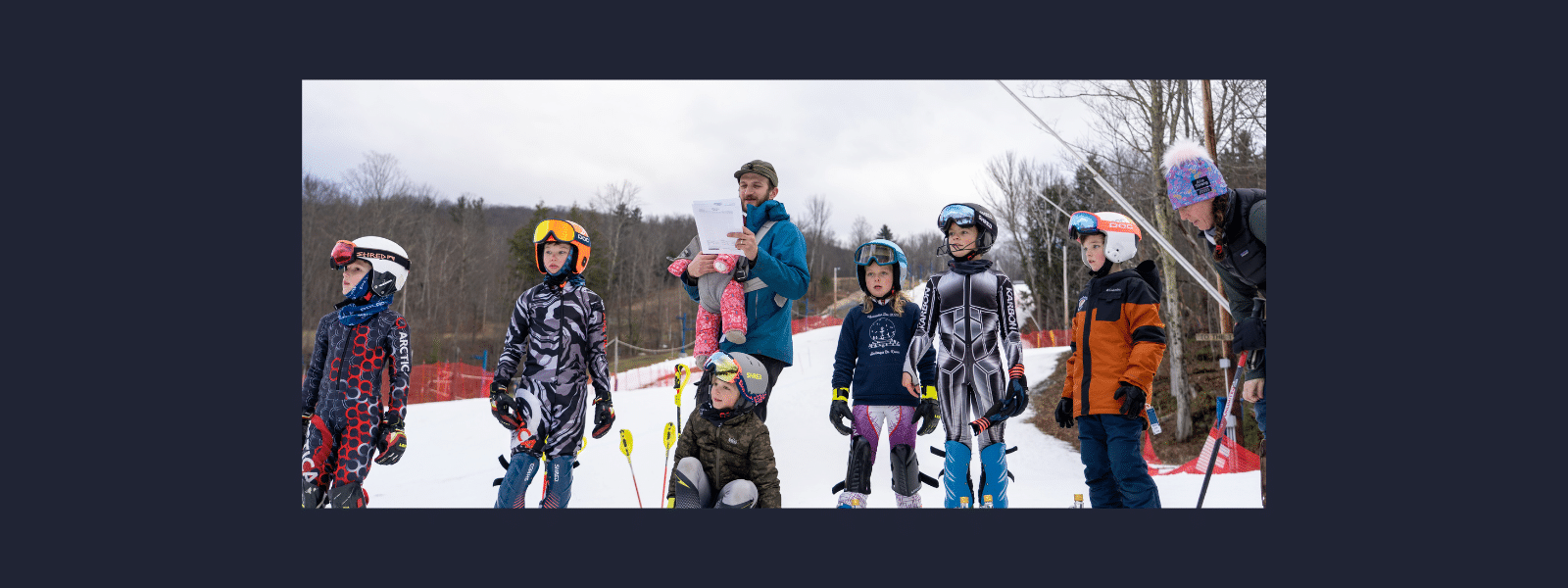Handling Heartbreak
I arrived in PyeongChang with an Olympic dream, but I left with a broken heart. Well, more accurately, a torn Achilles tendon. I had met prior injuries (and subsequent recoveries) with optimism and determination, but falling in the last training run the day before the Olympic downhill was a kick in the teeth. At a time that should have been my peak, I was instead deep in a dark valley. Very deep. I felt sorry for myself, for all my personal circumstances, for not getting the chance to compete, for missing a third Olympics due to an injury, and I felt like I was disappointing my home town, family, and friends.
As a member of the U.S. Ski Team for 10 years, my long road to the Olympics was often potholed with the question: “Have you been to the Olympics?” I’ve had to answer “no”, because in 2010 and 2014 I watched it all unfold from the classroom while rehabbing an injury. It always ate away at me. Qualifying for the 2018 Olympic team fulfilled a childhood dream, and it also allowed me to answer that dreaded question with a “yes.”
All athletes envision themselves being an Olympian; it is the pinnacle of sport, a stage set for gold medal dreams to come true. It was this dream that fueled my determination.
It wasn’t until I qualified and arrived in Korea that I truly realized the Olympics are not only a place where childhood dreams come true, but also a time for athletes to represent their stories and most importantly their communities.
I come from a place referred to as “out there.” Keene, NY is a small town in the heart of the Adirondacks, twenty minutes from the 1932 and 1980 Olympic village of Lake Placid. A place where 165 kids make up the entire K-12 school, a place where I played varsity baseball as a 7th grader because they needed a ninth in order to field a team, and a place where I have attributed my Olympic dreams to the local Olympic spirit. I was at the Olympics representing my hometown community, NY state ski racing, and my family, which together provided a support system paving my Olympic path.
I credit this support system with building my foundation of unrelenting determination. Most specifically inspiring was the story of my grandmother, the undoubted matriarch of our family, Dr. Marion Biesemeyer.
Marion completed her MD from the University of Freiberg, in 1935 Germany. Her degree was invalidated in 1937 by the government of the Third Reich, as her mother was Jewish and anti-Semitic laws were invoked to deny the degree. In 1938 Marion and her husband Walter Biesemeyer, a Swiss trained architect, left Germany for Paris, France. In Paris, my grandmother could practice in a pediatric clinic until WWII broke out, the Biesemeyers left occupied France and immigrated to the United States. Life in New York City was difficult as enemy aliens, and no work was available. A refugee placement agency suggested a job for the family in the Adirondack Mountains, Keene, NY, as caretakers of Putnam Camp (a summer retreat). After spending the remainder of the war years at Putnam camp, my grandparents acquired land and started the family business, The Mountain House. Marion became the sole manager of the Mountain House business, while teaching French and Latin at the Keene school, and raising three children. My grandmother inspired me through her cheerful and optimistic outlook, by always facing adversity with courage and grace.
As a child, I would fall asleep at night dreaming of being an Olympic champion (this I still do), envisioning the fairy tale story of Olympic success, my perfect Olympic storyline playing out the way anyone imagines, in full fame and glory. But it could not have been anything but opposite.
After having the Olympic downhill rescheduled four days past the initial race day, FIS decided to hold an optional training run the day before the race. A training run that had no timing, 30 second intervals, and an abbreviated start position. It was an opportunity to ski the track after sitting in your room for four days, an opportunity that most of the field took advantage of, and an opportunity for myself. I made it 40 seconds into my run before I booted out (inside ski boot knocked my outside ski boot out from underneath me), hit my head and got knocked out. I came-to on the side of the hill, quickly realizing I had torn my Achilles tendon and I was not going to get the chance to compete. And just like that, my fairytale was gone.
There is no denying that what happened was tragic, but after having time to reflect, it could always be worse, and I know that I will be back. I do not regret my decision to start that training run, and remind myself that what I have left on the table I am not willing to give up. Just in time for my grandmother’s 90th birthday her Medical Degree was restored by the University of Freiberg, and I will face this challenge with courage and grace as she would.













